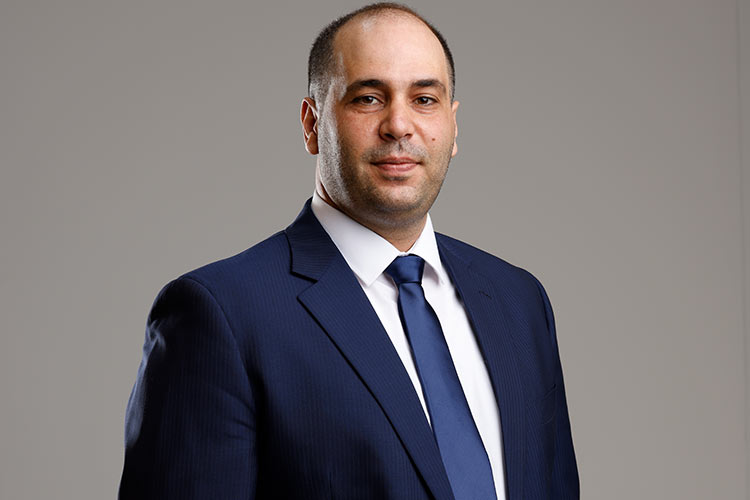

Jawad Altamimi explores the practical steps & tips for improving waste management in communities
March 27, 2023 | Jawad Altamimi | UAE | Facilities Management

Efficient waste management is an indispensable component of sustainable development, especially in residential communities. As real estate professionals, our responsibility is not only to comply with local regulations but also to strive for long-term sustainability goals. In this article, we will explore practical steps and tips for improving waste management in communities, drawing inspiration from Dubai's trailblazing waste management strategies.
Waste Management in Dubai - Pioneering Sustainability
Dubai has been leading the way in waste management, with the Integrated Waste Management Strategy 2021-2041 and the Waste Management Master Plan 2030 as its key driving forces. The Dubai Waste Management Centre, the world's largest Energy from Waste facility, is a groundbreaking initiative that aims to process 1.9 million tonnes of municipal solid waste per year, generating sustainable energy. By taxing virgin materials in manufacturing, Dubai is also taking significant strides towards achieving a circular economy and zero waste by 2030.
Waste Management Strategies for Communities
An integrated approach to waste management, combining waste prevention and reduction, community engagement, and smart waste management solutions, transforms the way communities handle waste and fosters a more sustainable living environment. Few of the strategies we can adopt in communities:
Waste Prevention and Reduction: Encourage residents to adopt the principles of reduce, reuse, and recycle. Provide educational materials and conduct training sessions on waste sorting, disposal, and waste prevention techniques.
Community Engagement: Establish a waste management committee to oversee the planning, implementation, and maintenance of waste management strategies. This committee can also help monitor the progress and effectiveness of the waste management plan.
Smart Waste Management Solutions: Introduce smart bins that communicate with a central waste management system. This technology enables the optimization of waste collection, reduces collection frequency, and helps track waste generation patterns.
Practical Tips for Diverting Waste from Landfills
Conduct a Waste Audit: Carry out a comprehensive waste audit to identify the types and quantities of waste generated within the community. This information will be instrumental in developing a tailored waste management plan.
Establish Clear Waste Sorting Guidelines: Provide residents with easy-to-understand guidelines on waste sorting and disposal. Ensure that recycling bins and composting facilities are easily accessible, labeled, and well-maintained.
Composting: Landscape is the heart of master communities, compositing becomes possible if it is planned well through the development stage of a master community. It doesn’t only divert waste from landfills but also creates nutrient-rich compost that can be utilized for landscape all around the community. Reducing waste, and reducing the need of fertilizers as well.
Partner with Waste Management Companies: Dubai is the home of the most innovative waste management companies, those companies have been investing in recycling centers, reuse and even production facilities that supports dubai’s vision for zero-to-landfill. Collaborate with waste management companies that offer specialized services. These companies can also provide valuable insights on waste reduction strategies and recycling best practices, and can help us build a comprehensive waste management strategy.
Monitor and Evaluate: Regularly evaluate the effectiveness of the waste management plan, using the data obtained from smart waste management systems and waste audits. Adjust the plan as needed to ensure continuous improvement.
Taking the Lead in Sustainable Waste Management As real estate professionals, we have a crucial role to play in shaping the future of waste management in communities. By adopting innovative waste management strategies and practical tips, we can contribute to a more sustainable built environment and inspire others to follow suit.
(The author, Jawad Altamimi, Director of facility and community management- LOAMS. Jawad is a built environment professional, his primary focus is on integrating technology to achieve sustainability in the built environment.)